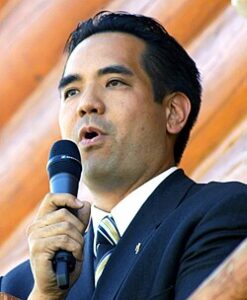
Since the COVID-19 virus first appeared, the world as a whole has been swept up in a whirlwind of social, political, economic, and spiritual change. In over two years, the pandemic has upended our lives and altered the way we live and think.
The Accounting Profession and the Pandemic
Like everything else, the accounting profession has been affected profoundly. In a recent CPA Journal article entitled The Accounting Profession and the Pandemic: Temporary and Long-term Changes, Savannah (Yuanyuan) Guo, PhD, and Sonja E. Pippin, PhD, CPA, of the University of Nevada, Reno, completed a comprehensive survey of the accounting profession, asking CPA firms of all sizes how the pandemic has shaped their current practice.Here are some of the insights they shared:- Burnout. In the early stages of the COVID outbreak, the April 15 busy season triggered serious stress. For many tax professionals, despite the federal income tax due date’s extension to July 15, 2020, a never-ending busy season took shape, with no rest the entire year. Everything seemed urgent, and on top of stay-at-home orders and travel bans, many professionals felt that they had no or very little vacation days and time off.
- Isolation from clients and colleagues added stress. For many accountants, work-life balance became much more difficult because of the pandemic, and they cited Zoom fatigue: “Next thing you know, you’ve been on so many Zoom calls, 10 hours have gone by, and you’ve eaten no food.” Stuck at home, many professionals felt they were too accessible, and childcare duties consumed any free time, on top of their professional responsibilities.
- Hiring remotely via Zoom was also a challenge. In addition, many firms, especially larger ones, laid off employees or instituted significant pay cuts. Approximately half of respondents reported they furloughed employees or let them go. To reduce payroll costs, some firms offered early retirement packages and temporary salary cuts.
- For many accountants, working remotely wasn’t new to them. They used Microsoft Teams and VPNs prior to COVID.
- Some firms plan to downsize office space because of their reduced need for physical space.
- Clients ranked economic uncertainty and potential changes in the tax law and tax rates as their most prominent fears and challenges. Other concerns: possible cybersecurity threats (because of remote work from unsecured locations), politics in general, and the possibility of another wave of the pandemic, with a potential shutdown. Some accountants cited government help such as PPP loans as being “extremely helpful.”
- There were also some positive changes made during the pandemic, which accelerated digitalization and paperless operation. Thanks to the flexible work-from-home schedule and less commuting time, some employees could pursue personal hobbies or take an early lunch; they felt more excitement about the future of accounting because of greater flexibility and improved technology. Overall, the pandemic has forced CPA firms to establish emergency plans and seek more secure cyberspace to protect company and client information, so employees can safely work from home.



